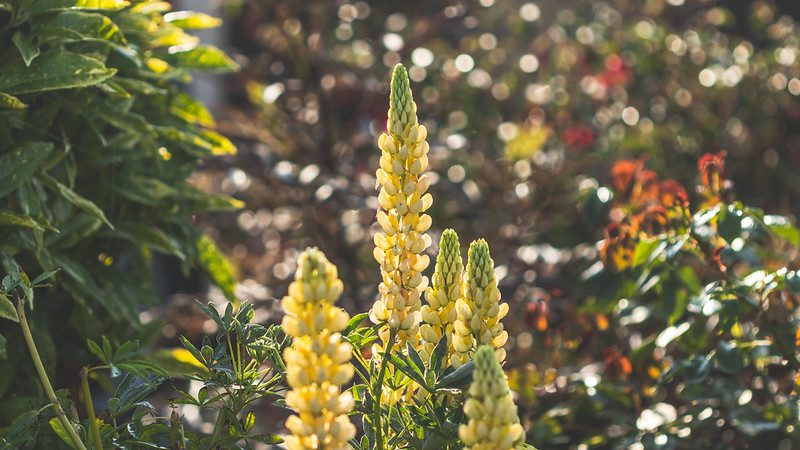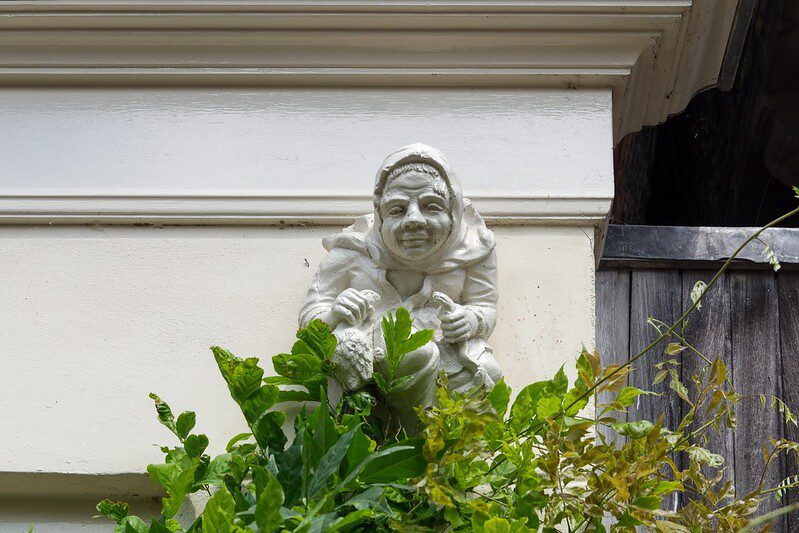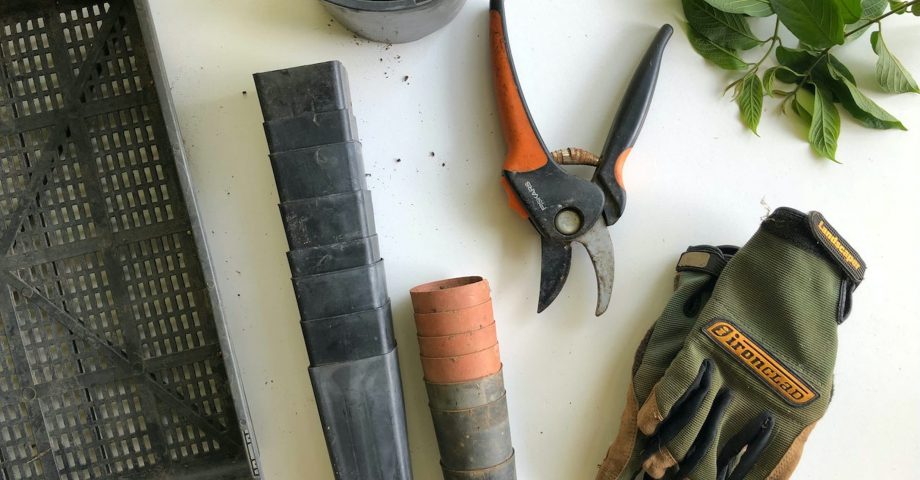Whether you’re a seasoned gardener or are new to growing a green thumb or two, it’s always good to have some helpful gardening advice at your fingertips! Expert gardeners and horticulturists will always have a trick or two up their sleeves to get the best out of their gardens – and here’s some fun gardening tips you’ll want to take to heart.
1. pH is your friend!
As you will come to find, the acidity of any soil (or growth medium) you have available will dictate what kind of plants you can grow. Thankfully, it’s easy to find out the pH level just by purchasing an at-home kit online, or from a local gardening centre. Should you want to grow a particular plant that doesn’t suit your garden, consider adding lime, for example, to make your soil more alkaline.
2. Be careful where you place your plants!
Plants all need sun, water, and air to grow, but moderation is key! Some plants will need to sit in full sunlight, whereas others will need more shade. Therefore, it is best to ensure that you plant your flowers based on where the sun is in your garden throughout the day. Six hours a day tends to be an optimum amount of time in the glare for sun-loving plants.
3. Deadheading is great!
Despite the slightly ominous name, deadheading is actually a very important and beneficial part of growing a healthy crop of flowers. From roses to your geraniums, remember to deadhead them throughout the season to promote new flowers, ensuring you can enjoy their lovely colours and scents for longer.

4. Invest in manure!
Although it might sound gross, manure is actually very beneficial for plant and flower growth! Horses, goats, cows, rabbits, and all kinds of hay-fed animals make great manure for your garden – just avoid using your dog’s or cat’s fecal matter, as this can stunt plant growth in some cases.
5. Why not make handmade signs?
Whether you’re new to gardening or are having trouble keeping track of all of the bulbs and seeds you’ve planted and where, just use handmade signs to keep track of your various species! You can buy mini chalkboards with sticks to keep them in place at cheap prices – and they can wipe clean if you want to change your garden around at all!
6. Keep your seeds for next year!
Some seeds can cost a fortune if you’re continually investing in them, and you should always keep your wonderful plants’ babies! Keep them in old jars or photo albums for safe-keeping and easy-to-find places.
7. Never water during the day (where possible).
When it comes to watering your garden, stick to the early morning or the evening. Watering during the day can cause the water to evaporate, therefore causing more damage to your garden than good!
8. Make your own watering cans!
If you have an old milk or detergent bottle, keep it as a potential watering can! All you ever need to do is poke some holes into the top for the water to sprinkle out easily. It’s a great way of recycling and saving yourself some money!
9. Make your own compost pile (in a bucket or a bin).
Plants and flowers thrive with healthy compost, but sadly, this can cost a fortune! As it happens, you can easily make your own compost in your garden for free! Simply place your organic scraps in a compost bin that you can use whenever needed – and you’ll attract worms, which are highly useful in keeping your soil nutritious and well-aerated.
10. Grow your own food from scraps!
Potatoes, leeks, peppers, tomatoes, cucumbers, melons, pumpkins, lettuce, onions, garlic, basil, rosemary, and so many more food items that you already have in your home are ready to be replanted! Just keep their seeds, stems, and whole pieces and grow your own food garden!

FAQs about Gardening Tips
What is the most essential thing to remember in gardening?
There are so many essential things in gardening! For new gardeners, the most important thing to learn is patience. Plants grow at different paces, and it can take some time to get the hang of things before you really get going!
What is the point of mulch?
Mulch is very important for all kinds of plants. Mulch feeds the soil around the plants, helping it to get the nutrients that it needs. It can also help to protect the soil against erosion and can keep weeds at bay.
What is companion planting?
Companion planting is the concept of growing certain plants together so that they can mutually benefit from each other’s presence. This can be for deterring certain pests, helping to improve taste (for vegetable crops), and promoting useful nitrogen in the soil.
Do you have any gardening tips? Please share them in the comments below!
Sources:
https://www.gardendesign.com/how-to/
https://www.rhs.org.uk/advice/beginners-guide









